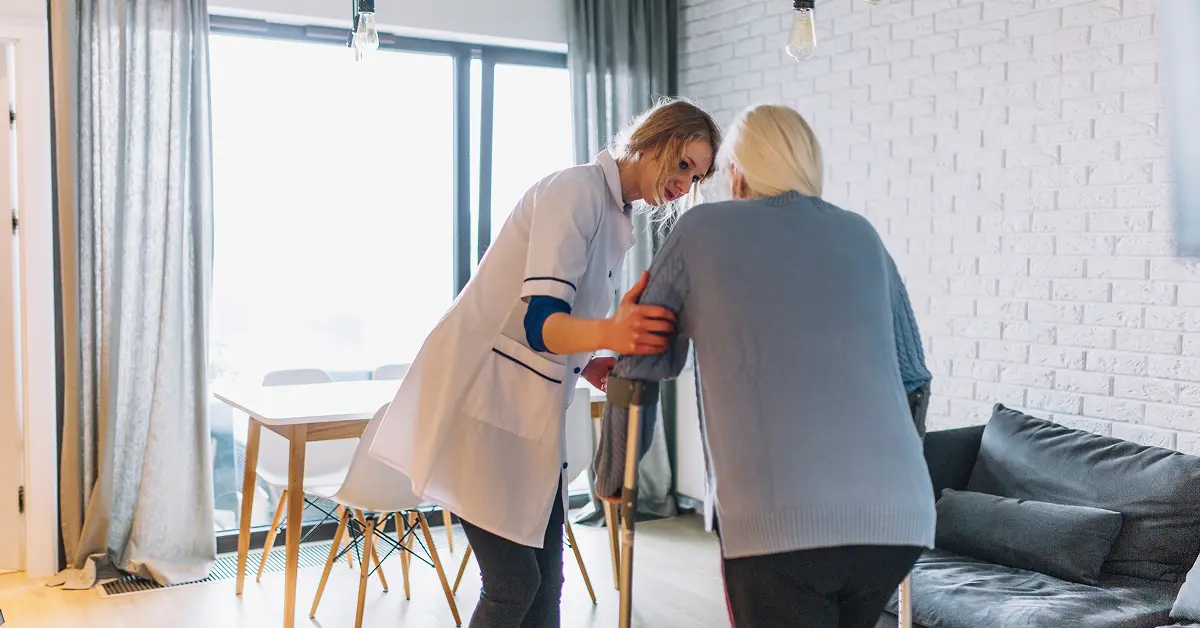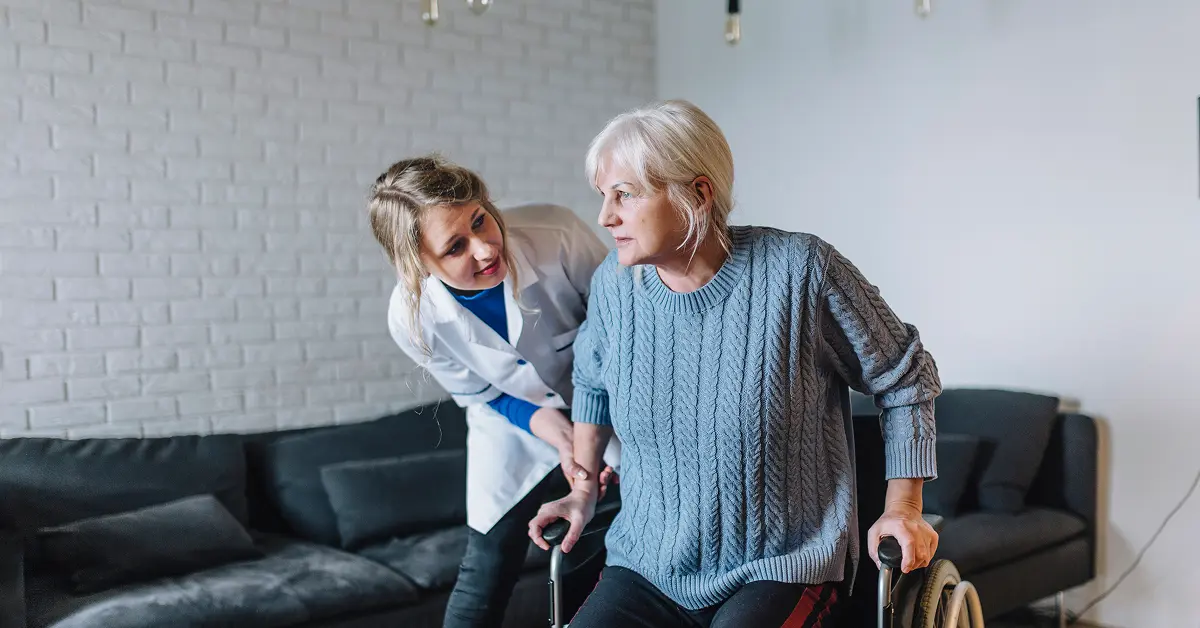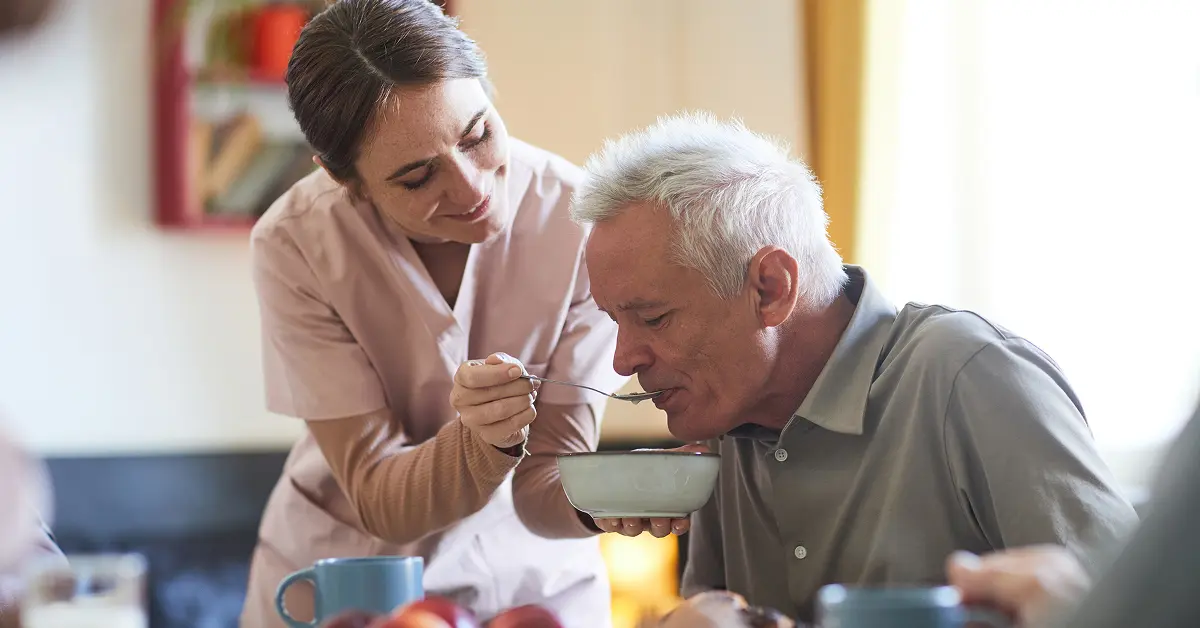Surgery, whether minor or major, is a life-altering event. Once the hospital stay is over, the responsibility of caregiving often shifts to the family—especially in Indian households, where family support plays a vital role in recovery. Providing care after surgery requires more than just love and concern; it demands planning, patience, and a deep understanding of the patient's physical and emotional needs.
In this blog post, we’ll explore what families in India need to know about caring for a loved one after surgery, from setting up the home environment to managing medications, diet, hygiene, emotional health, and more.
Understand the Discharge Instructions
The care process begins even before you leave the hospital. During discharge, doctors and nurses will provide specific instructions regarding:
- Medication schedule
- Wound care or dressing changes
- Physical restrictions (lifting, movement, walking, etc.)
- Diet recommendations
- Follow-up appointments
- Warning signs of complications
Tip for Indian Families: Keep a dedicated diary or mobile notes app (like Practo or Aarogya Setu) to record this information. Also, don’t hesitate to ask for instructions in your preferred language (Hindi, Telugu, Tamil, etc.) for better understanding.
Prepare the Home in Advance
Creating a recovery-friendly environment is crucial. Depending on the type of surgery, your home setup should include:
- A clean, well-ventilated room with easy access to the bathroom
- Anti-slip mats in the bathroom and hallways
- A bell or call button for easy communication
- A wheelchair or walker, if advised
- Raised toilet seat or grab bars if mobility is affected
For Indian Homes: Make sure traditional Indian floor seating and low cots are avoided. Opt for a comfortable bed with firm support and clean linen.
Follow a Strict Medication and Dressing Routine
Post-surgery recovery often depends heavily on medication compliance and proper wound care.
- Set alarms for medicine timings
- Store medicines safely and out of reach of children
- Keep dressings and antiseptic supplies ready at home
- Wear gloves while cleaning wounds
Useful Indian Tip: If you're not confident doing dressings yourself, hire a visiting nurse through a trusted Indian home healthcare agency like Portea, Care24, or Nightingales.
Support with Daily Activities
In the initial days or weeks, your loved one might need help with:
- Bathing and personal hygiene
- Eating meals
- Using the toilet
- Getting in and out of bed
Tip: Maintain dignity and privacy while helping. Use assistive devices when necessary, and avoid making them feel helpless.
Ensure Nutritious Indian Diet for Healing
A healthy, balanced diet speeds up recovery. Include:
- Protein-rich foods: dal, paneer, eggs, chicken, fish
- Iron & calcium: leafy greens, ragi, milk, curd
- Fibre: fruits, whole grains, vegetables
- Fluids: coconut water, buttermilk, soups, juices
Avoid: Oily, spicy, or junk food. Also, consult the doctor if certain traditional foods (like haldi milk or herbal kadhas) are okay to include.
Monitor for Warning Signs
As a caregiver, you must be alert for signs that may indicate complications, such as:
- High fever
- Increased pain or swelling
- Unusual bleeding or discharge
- Breathing difficulties
- Sudden confusion or dizziness
In case of any such symptoms, consult the doctor immediately or rush to a nearby hospital.
Encourage Movement and Physiotherapy
If advised, help your loved one with mild movements or physiotherapy to prevent stiffness and promote circulation.
- Start with assisted walking
- Encourage breathing exercises
- Follow physiotherapist recommendations
Cultural Note: Many elderly in India may resist movement due to fear or discomfort. Be gentle but persistent and explain the importance of physical activity for faster healing.
Provide Emotional and Mental Support
Surgery often leaves patients emotionally drained. Anxiety, depression, or fear of dependence are common.
- Talk to them regularly
- Offer reassurance
- Get professional counselling if needed
- Involve them in light conversations or religious/prayer time (if they find comfort in it)
Indian Context: Elders may prefer devotional music or spiritual books. Respect their beliefs and include emotional healing as part of caregiving.
Balance Caregiving and Self-Care
Being a caregiver is a full-time responsibility and can be exhausting. You must care for yourself too.
- Take breaks
- Ask for help from siblings or relatives
- Use home care services when overwhelmed
- Practice yoga or meditation for mental peace
Tip: Don’t hesitate to delegate. In India, joint families can make caregiving easier if everyone shares responsibility.
Explore Professional Home Care Options in India
Many Indian cities now offer trained attendants, nurses, and physiotherapists at home.
Popular services include:
- Portea – For post-operative care, wound dressing, and physiotherapy
- Care24 – For daily care services and nursing
- HealthCare atHOME – For IV care, injection, and critical care
These services are especially helpful if you live in metro cities like Mumbai, Delhi, Bengaluru, or Hyderabad.
Conclusion
Caring for a loved one after surgery is an act of love, commitment, and responsibility. With proper preparation, timely care, and emotional support, you can ensure their smooth and safe recovery at home. While it can feel overwhelming, especially for working families, remember that you're not alone. Support is available—from professionals, community members, and family.
Most importantly, never ignore your well-being. A happy and healthy caregiver creates a healing environment for the patient.
Contents
- Understand the Discharge Instructions
- Prepare the Home in Advance
- Follow a Strict Medication and Dressing Routine
- Support with Daily Activities
- Ensure Nutritious Indian Diet for Healing
- Monitor for Warning Signs
- Encourage Movement and Physiotherapy
- Provide Emotional and Mental Support
- Balance Caregiving and Self-Care
- Explore Professional Home Care Options in India
- Conclusion
Our 24*7 services
Latest Posts
- What Is Respite Care and Why Is It Important
- Affordable home care for senior citizens in India
- Caring for Seniors with Dementia or Alzheimer's at Home
- Senior Caregiving A Guide for Every Family
- How to Write a Caregiver Resume That Gets You Hired
- How Care After Hospital Discharge Speeds Up Recovery at Home
- How to Get Home Health Care for Seniors Through Medicare
- What Does a Senior Citizen Caregiver Really Do at Home
- How to Care for Elderly Parents with Alzheimer’s or Dementia
- How to Get 24-Hour Care for Seniors at Home



